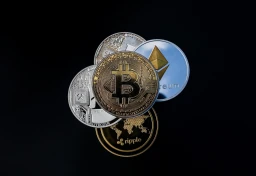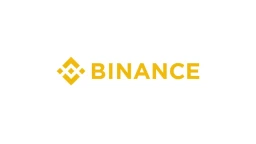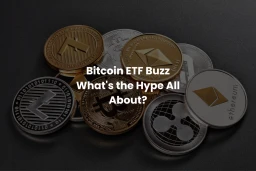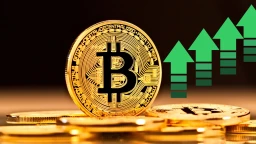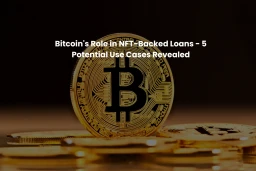Why you should and shouldn't invest in NFTs?
NFTs, or Non-Fungible Tokens, are unique digital assets that are indivisible and cannot be replicated. Unlike cryptocurrencies like Bitcoin or Ethereum, NFTs are not interchangeable; each token possesses distinct attributes that set it apart from others. These individual characteristics are securely recorded on a blockchain, providing indisputable proof of ownership, authenticity, and scarcity. NFTs can represent a diverse array of digital or physical items, ranging from artworks and collectibles to virtual real estate, digital fashion, music, videos, and more. Their transparent and immutable nature makes them highly sought-after by creators, collectors, and investors across various industries.
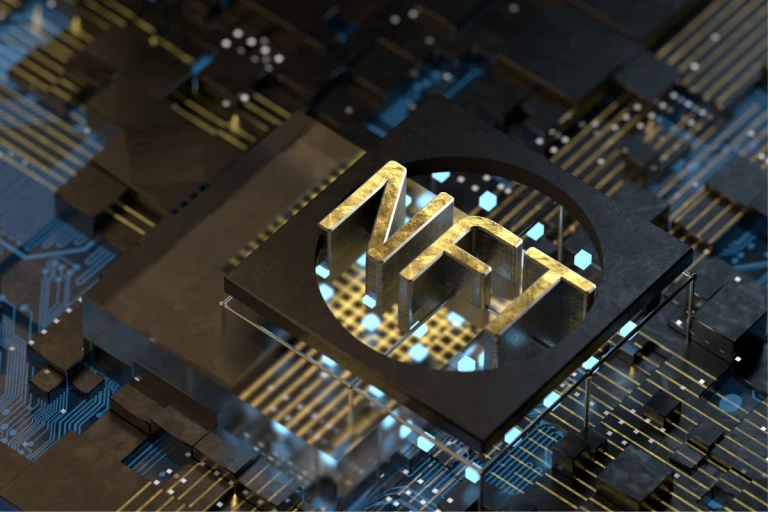
Pros and Cons of Investing in NFTs
Pros of Investing in NFTs
Investors are motivated by various factors to engage in buying and selling assets that are tokenized into NFTs. Some advantages are as follows:
Open to the general public: NFT markets possess extensive global reach, implying that demand theoretically knows no bounds— an advantageous scenario for enhancing the value of an NFT, particularly when the supply is constrained. Furthermore, investment opportunities are open to individuals worldwide, provided they have access to a functional computer, internet connectivity, and familiarity with transactions on NFT platforms.
Potential for High Returns: Investing in NFTs offers the potential for substantial returns, particularly if the digital asset gains widespread popularity or becomes highly coveted within a niche community. NFTs have witnessed instances of remarkable appreciation, attracting investors seeking lucrative opportunities.
Diversification: NFTs provide a unique avenue for diversifying investment portfolios. They represent a distinct asset class separate from traditional investments like stocks, bonds, or real estate. By adding NFTs to their portfolios, investors can spread risk and potentially enhance overall returns.
Ownership and Authenticity: NFT ownership is securely recorded on a blockchain, ensuring indisputable proof of ownership and authenticity. This transparency and immutability appeal to collectors and investors who value the assurance of owning genuine and verifiable digital assets.
Creative Opportunities: NFTs empower artists, creators, and content producers by offering a direct route to monetize their work. By tokenizing their creations as NFTs, individuals can bypass traditional intermediaries and engage directly with their audience, unlocking new revenue streams and creative possibilities.
Cons of NFTs Explained
Lack of Regulation: The NFT market operates within a relatively nascent and lightly regulated environment. This lack of comprehensive regulation exposes investors to risks such as scams, fraudulent schemes, and legal uncertainties, necessitating caution and due diligence when navigating the market.
Subjectivity of Value and Long-Term Viability: The value of NFTs is often subjective and influenced by factors such as market trends, cultural relevance, and shifting consumer preferences. While some NFTs may command high prices in the short term, their long-term viability and ability to maintain value over time are uncertain. Changing tastes, evolving technology, and emerging competitors could impact the demand for certain NFTs, leading to fluctuations in their market value and potential depreciation.
High volatility: The NFT market is characterized by high volatility, with prices often experiencing rapid fluctuations driven by factors such as market trends, speculative fervor, and shifting investor sentiment. This volatility introduces risk and can lead to substantial price swings in short periods, potentially resulting in losses for investors.
Illiquid Assets: NFTs can be illiquid assets, meaning they may be challenging to sell quickly or at desired prices. Market conditions, demand dynamics, and the uniqueness of individual NFTs can all influence liquidity levels, potentially resulting in prolonged holding periods or difficulty realizing investments.
Market Saturation and Bubble Risks: The rapid proliferation of NFTs and speculative hype surrounding certain assets raise concerns about market saturation and the formation of speculative bubbles. Investors should remain vigilant and mindful of the possibility of market corrections or downturns that could impact asset valuations.
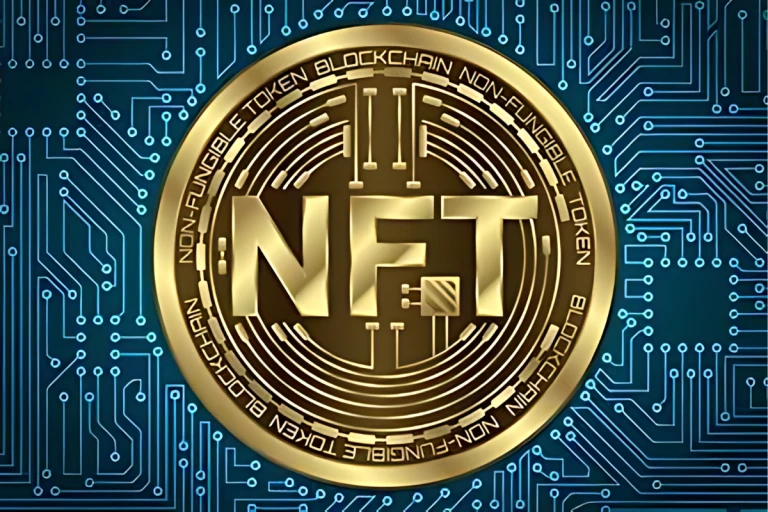
Exploring the Diversity of Assets Tokenized Into NFTs
A diverse array of assets can be tokenized into Non-Fungible Tokens (NFTs), encompassing both digital and physical realms. In the digital domain, assets such as photographs, drawings, sketches, GIFs, videos, songs, and video game collectibles are commonly transformed into NFTs, leveraging their unique digital properties. Meanwhile, physical assets including paintings, sculptures, fine wines, sports memorabilia, automobiles, aircraft, event tickets, reservations, real estate properties such as houses and buildings, and even entire companies can also undergo tokenization into NFTs, bridging the gap between traditional and digital ownership paradigms. This expansive scope illustrates the versatility and transformative potential of NFT technology across various asset classes, unlocking new avenues for ownership, trading, and investment in the digital age.
How Can One Invest in NFTs?
Investing in tokenized assets, commonly known as NFTs (Non-Fungible Tokens), offers a variety of avenues for interested individuals. These assets are readily available for purchase through both public and private channels. Publicly, NFT marketplaces and select cryptocurrency exchanges serve as accessible platforms. Alternatively, private acquisitions can be facilitated through brokers and dealers, which may include prestigious auction houses. Notably, numerous online NFT marketplaces cater to diverse interests and preferences. Platforms such as OpenSea, Rarible, NBA Top Shot, Super Rare, and Nifty Gateway provide extensive opportunities for collectors and investors alike. However, it's essential to note that participation in certain NFT marketplaces may necessitate ownership of a specific blockchain's native token, typically transacted in ether, the cryptocurrency native to the Ethereum platform.
The Bottom Line
In conclusion, investing in NFTs offers both promising opportunities and inherent risks. Success in the NFT space demands diligence, informed decision-making, and a keen awareness of individual risk tolerance and investment goals. By conducting thorough research and approaching the market with a well-defined strategy, investors can capitalize on the benefits of NFTs while mitigating their associated risks, paving the way for potential rewards in this dynamic and evolving asset class.
Also read: What are Non-Fungible Tokens?





